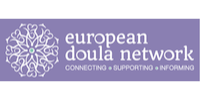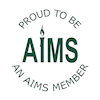Book Review by Trudi Dawson The AIMS Guide to Safety In Childbirth by Gemma McKenzie, Emma Ashworth, Shane Ridley and Virginia Hatton is available from AIMS and costs £8. I have been a doula for 15 years now, initially training with Nurturing Birth back in 2007. I read ALL the birthy books I could get…
Birth books
Nurturing Birth Book Review: Reclaiming Childbirth as a Rite of Passage
Book review by Emma Ashworth “Reclaiming Childbirth as a Rite of Passage”, by Dr Rachel Reed, is available from her website (rachelreed.website) as a ebook for £6.49, an audio book for £7.99 or from various bookstores as a printed book for £10.99 (prices may vary by outlet). “Rites of passage are words and actions that…






